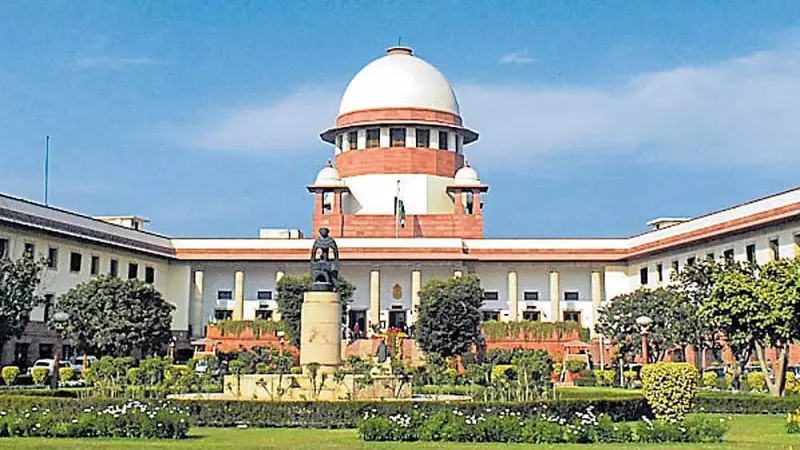
In a dramatic courtroom confrontation, the Supreme Court of India expressed significant irritation on Tuesday when the central government requested a deferment of hearings concerning multiple petitions challenging the Tribunal Reforms Act, 2021.
The bench, comprising Justice DY Chandrachud and Justice Surya Kant, did not mince words when Additional Solicitor General KM Nataraj sought additional time for the hearing. The court's frustration was palpable as it questioned the government's repeated attempts to delay proceedings in this crucial constitutional matter.
Judicial Impatience Grows
The apex court made it clear that it would not tolerate further delays in addressing the constitutional challenges against the tribunal reforms legislation. Justice Chandrachud pointedly remarked that the government cannot keep seeking adjournments in matters of such legal significance.
"How long do you expect us to keep adjourning this matter?" the bench questioned, highlighting that the petitions have been pending for considerable time and require urgent judicial attention.
Background of the Legal Battle
The Tribunal Reforms Act, which replaced an earlier ordinance, has been facing legal challenges from various quarters alleging that it undermines judicial independence and violates the basic structure of the Constitution. The legislation deals with the appointment and service conditions of members to various tribunals across the country.
Several senior advocates and petitioners have argued that the Act gives the executive excessive control over tribunal appointments, potentially compromising the separation of powers doctrine.
What's Next in the Legal Standoff?
The Supreme Court has given the government a final opportunity to present its arguments, setting the stage for a crucial hearing that could determine the future of tribunal administration in India. Legal experts are watching closely as this case touches upon fundamental questions about judicial independence and executive overreach.
The court's firm stance signals that it intends to proceed with the matter regardless of government requests for postponement, setting up what could be a landmark judgment in Indian administrative law.






